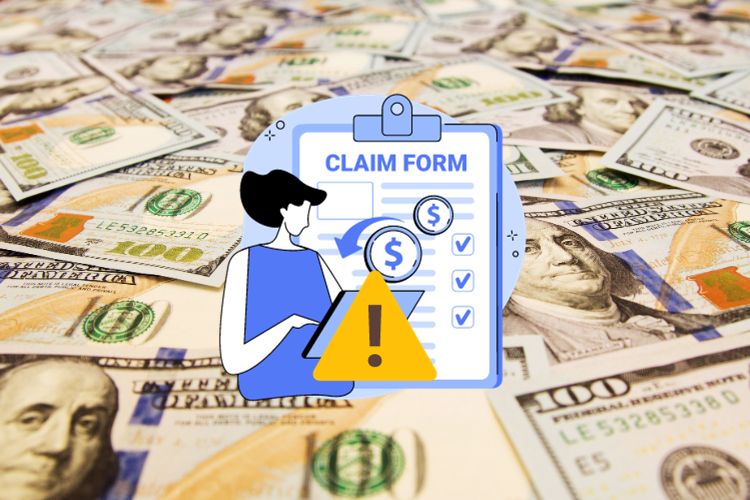
Understanding the IRS Crackdown on Improper Employee Retention Credit Claims
The Internal Revenue Service (IRS) is increasingly scrutinizing incorrect or fraudulent Employee Retention Credit (ERC) claims.
This crackdown highlights the importance of understanding ERC laws and policies. This article explains this development and how to ensure compliance.
The Employee Retention Credit: What is It?

The Employee Retention Credit, part of the CARES Act, offers a tax break to companies. It aimed to encourage them to keep employees on their payroll during the economic downturn caused by COVID-19.
Eligible employers receive a refundable tax credit based on qualified wages paid to employees.
The IRS Operation

The IRS has noted many false or fraudulent ERC claims. As a result, they have stepped up audits and criminal investigations for companies violating ERC regulations.
The goal of this crackdown is to protect the integrity of the tax benefit and ensure it is used only by qualified businesses.
Common Errors in ERC Claims

Research has identified several issues with incorrect ERC claims, including:
– Claiming the credit for wages that don’t qualify.
– Overstating the amount of qualifying wages.
– Failing to meet eligibility requirements, like a significant reduction in gross receipts or being partially or fully shut down by government orders.
– Double-dipping with other credits, such as loans from the Paycheck Protection Program (PPP).
How to Make Sure You’re Compliant

Businesses should:
- Understand the Eligibility Criteria: Ensure your company meets the specific requirements for the ERC.
- Keep Accurate Records: Maintain detailed records of all wages paid and evidence that they qualify for the credit.
- Avoid Double-Dipping: Be aware of how the ERC works with other relief measures like PPP.
- Consult a Professional: Talk to tax experts to ensure your claim is valid and compliant.
The Consequences of Failing to Comply

Noncompliance can lead to penalties, audits, and the necessity of repaying the credit with interest. To avoid these outcomes, businesses must be meticulous in their ERC claims.
Conclusion
The IRS’s action against false ERC claims is a reminder of the importance of compliance and honest tax reporting. By understanding the ERC’s requirements and seeking proper guidance, businesses can safely benefit from this credit without risking penalties.
Additional Resources For more information, visit the IRS website or consult a tax expert. Businesses interested in tax credits like the ERC should stay updated on changes to the tax code.
